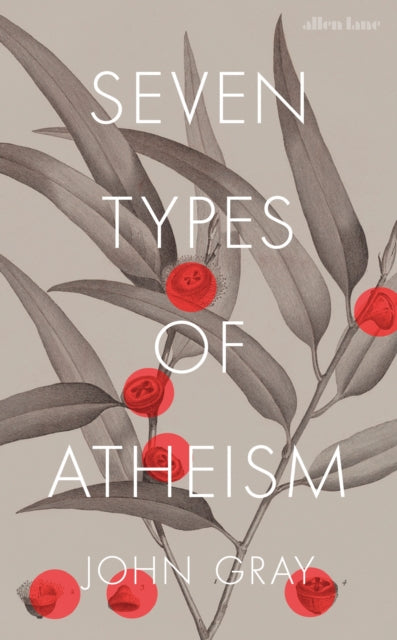
Seven Types of Atheism by John Gray
In this fascinating, highly readable book, the philosopher John Gray identifies a “fault line” that runs through atheism, said Richard Harries in The Observer. Atheists, he argues, profess to reject religion, but actually do nothing of the kind. Instead, they take over religion’s thought patterns and assumptions, substituting abstractions such as “progress” and “humanity” for faith in God. Gray’s “seven types of atheism” (the title is borrowed from William Empson’s Seven Types of Ambiguity) include most forms of unbelief that have existed over the past two centuries. He targets the “secular humanism” that unites John Stuart Mill and Ayn Rand, among many others; the political millenarianism of the Jacobins, communists and Nazis; and the “new atheism” of Richard Dawkins et al. What almost all forms of atheism have in common, he points out, is the eschatological idea that human history has an “ultimate purpose”. Gray is much more favourably disposed to the form of atheism he attributes to Joseph Conrad, which rejects the “assumption that human beings can be changed for the better”.
For someone who is a “professed atheist” himself, Gray doesn’t present an “attractive bunch” of specimens, said John Carey in The Sunday Times. “His selection includes several inveterate misanthropes and one criminal lunatic, the Marquis de Sade.” But then Gray’s own views are “unflinchingly bleak”. He believes that history has no meaning, that “humanity” has no objective existence and that “the notion that everyone should obey the same morality is absurd”. Gray’s intellect and brilliance, combined with his negative take on life, makes his book “one of the most depressing I have read”.
Gray may be right about most atheism being a form of repressed religion, said Jonathan Rée in the Literary Review, but so what? Given that religion is “built into the brickwork of practically every society in history”, it would be odd if our ideas didn’t bear “residues of religiosity”. Even if we could “purify our minds” of the beliefs of our ancestors, we would still be left with the same “intractable” questions. Am I my brother’s keeper? What do parents owe to children, or children to parents? Do we have obligations to the dead? In the end, Seven Types of Atheism seems “more like a series of amuse-bouches than a square meal”. Rather than following “complex lines of thought”, Gray seems “like a high-end version of the muck-raking journalist, fearlessly exposing the guilty secrets of the intellectual classes”.
